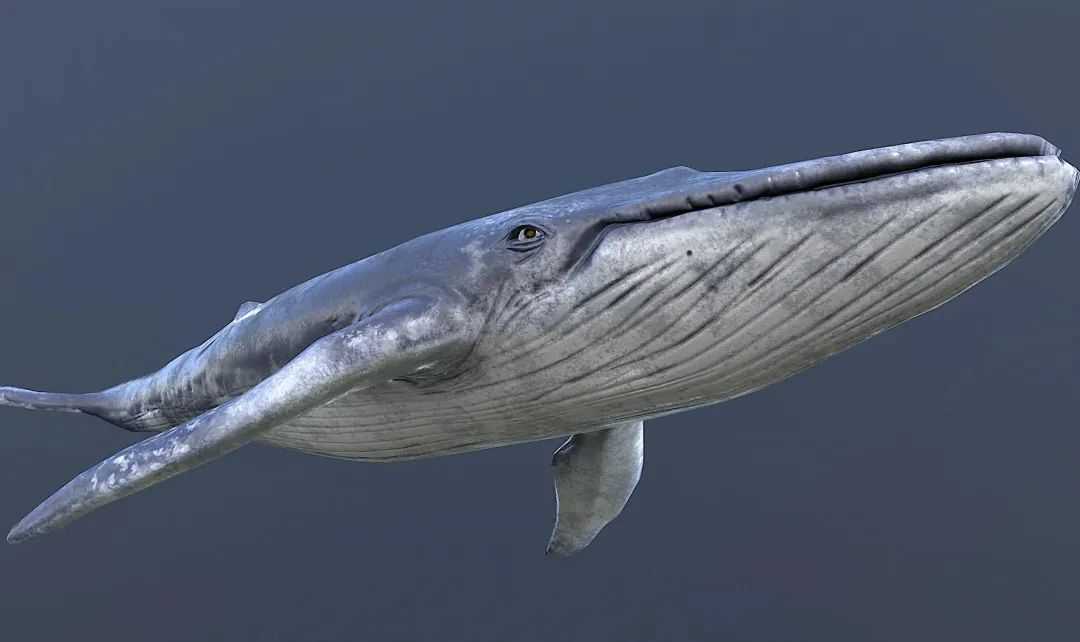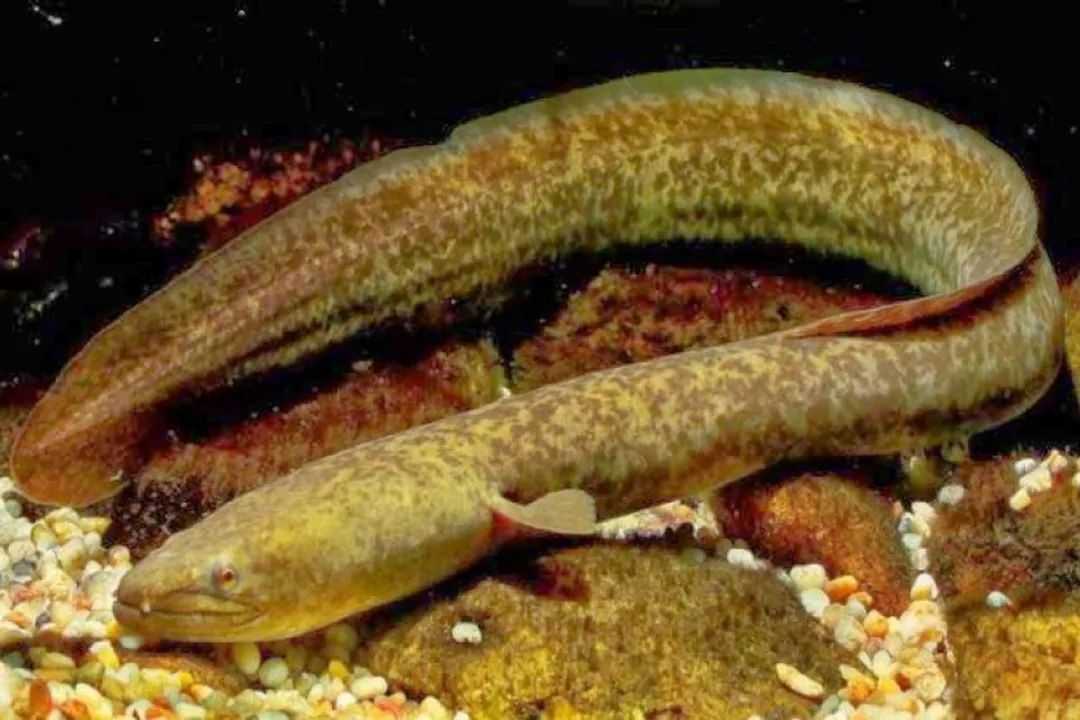Despite their colossal stature, blue whales are peaceful filter feeders, subsisting on tiny krill, fish, and plankton. They consume up to 4 tons of food daily, using baleen plates to strain prey from massive mouthfuls of seawater. Their gentle demeanor is further highlighted by their lack of natural predators as adults; only vulnerable calves face threats from orca pods. When swimming, their slow, rhythmic movements and occasional breaches showcase a grace that belies their size, making them iconic symbols of marine tranquility.
Blue whales’ dominance in the ocean is unparalleled, yet their survival is fragile. Historically decimated by commercial whaling, they now face challenges like climate change, ocean noise, and plastic pollution. Conservation efforts have helped stabilize populations, but their status as an endangered species remains a stark reminder of humanity’s impact on marine ecosystems. As they migrate across vast ocean basins, blue whales serve as a powerful reminder of nature’s capacity for grandeur—and the urgent need to protect these silent giants that rule the waves without ever needing to fight. Their existence is a testament to the beauty of peaceful coexistence in the natural world.










